Life beyond Ebola / Elämää Ebolan jälkeen
- surviving the deadly disease in Liberia and Sierra Leone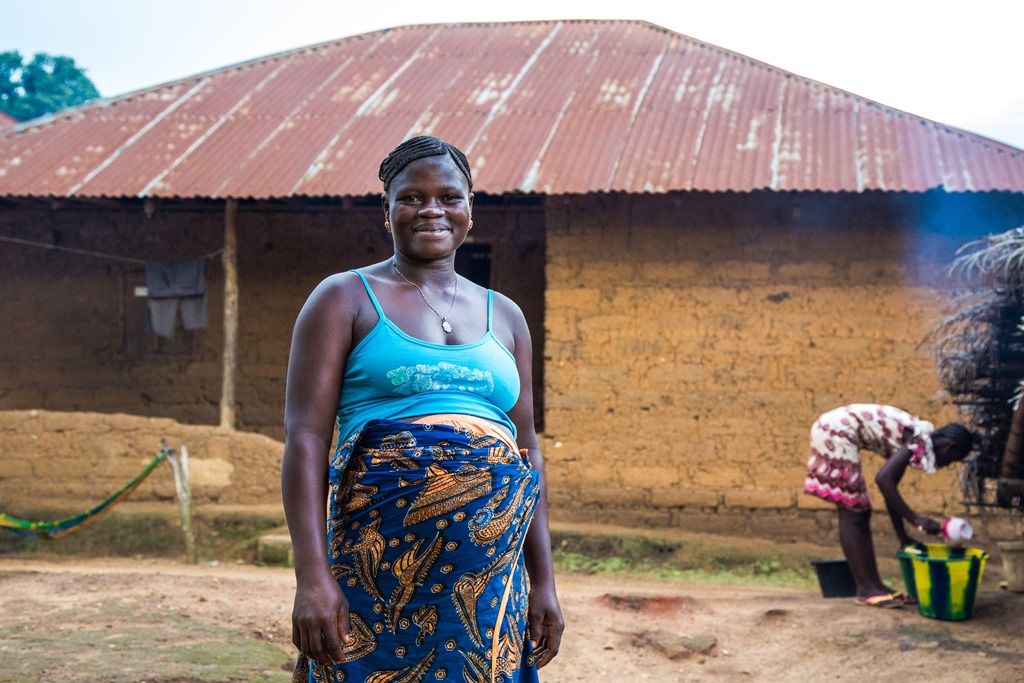

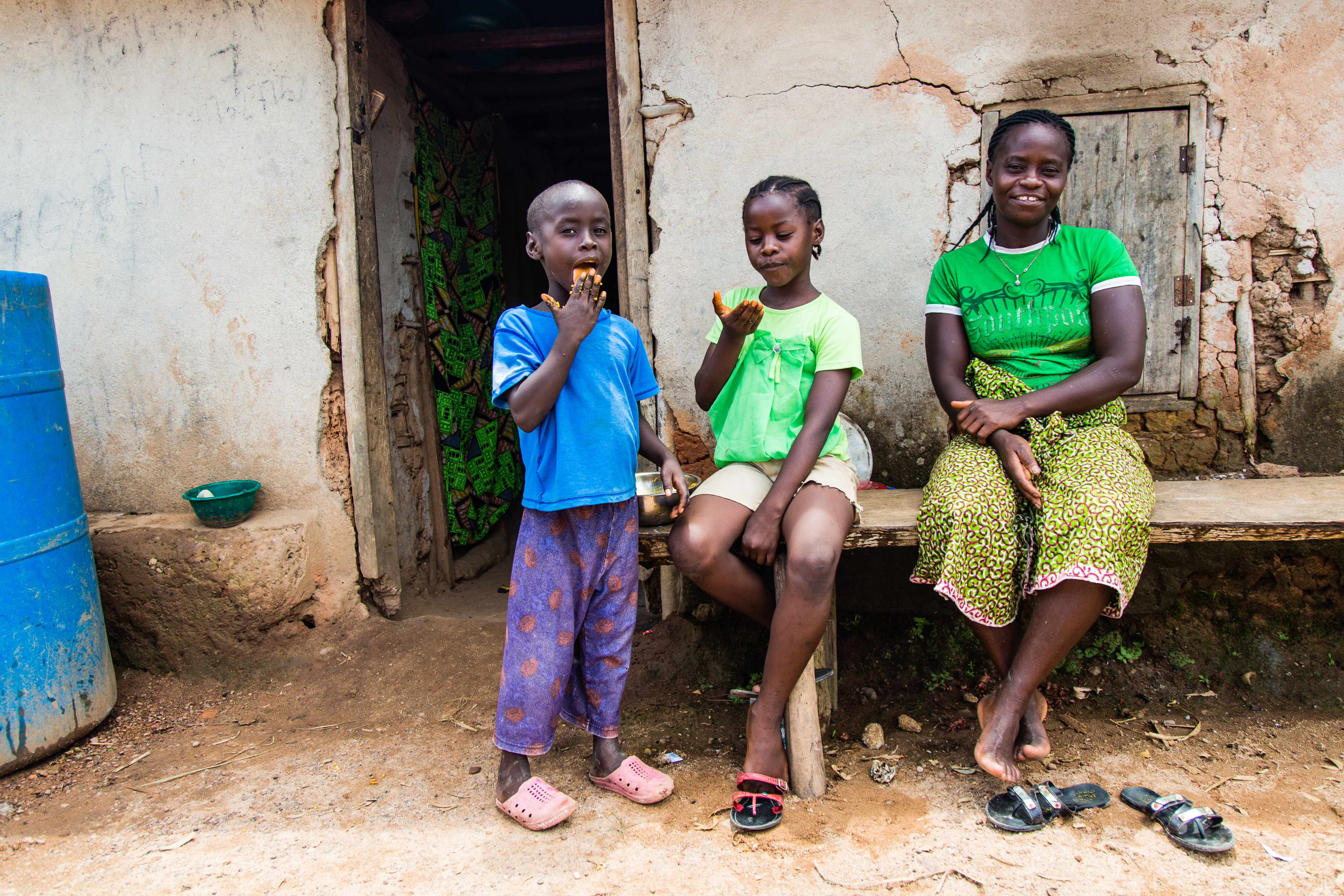
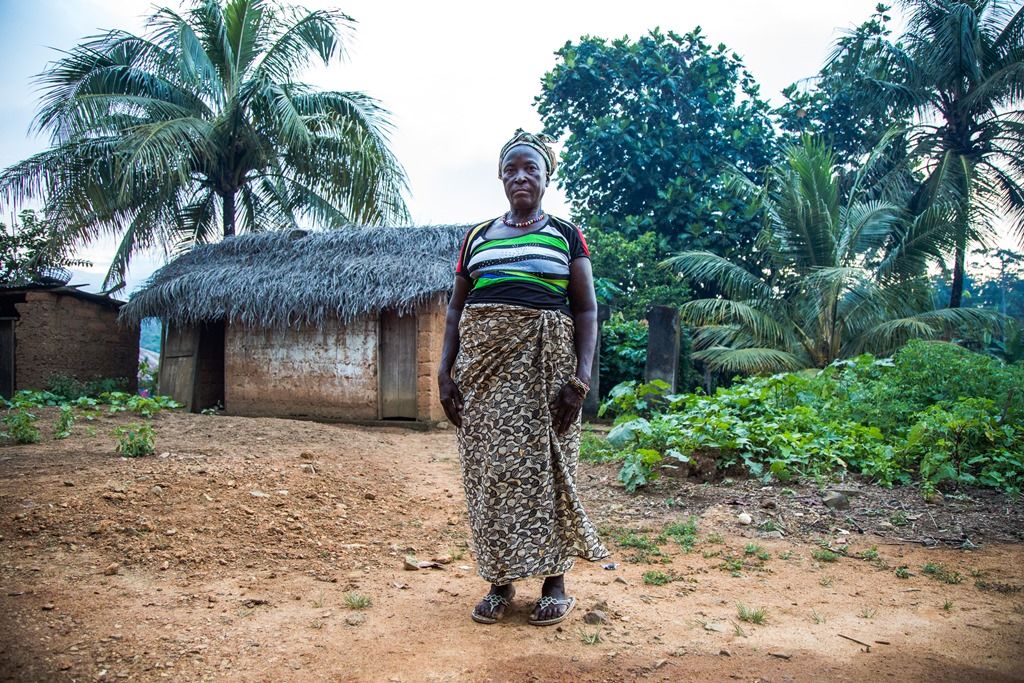
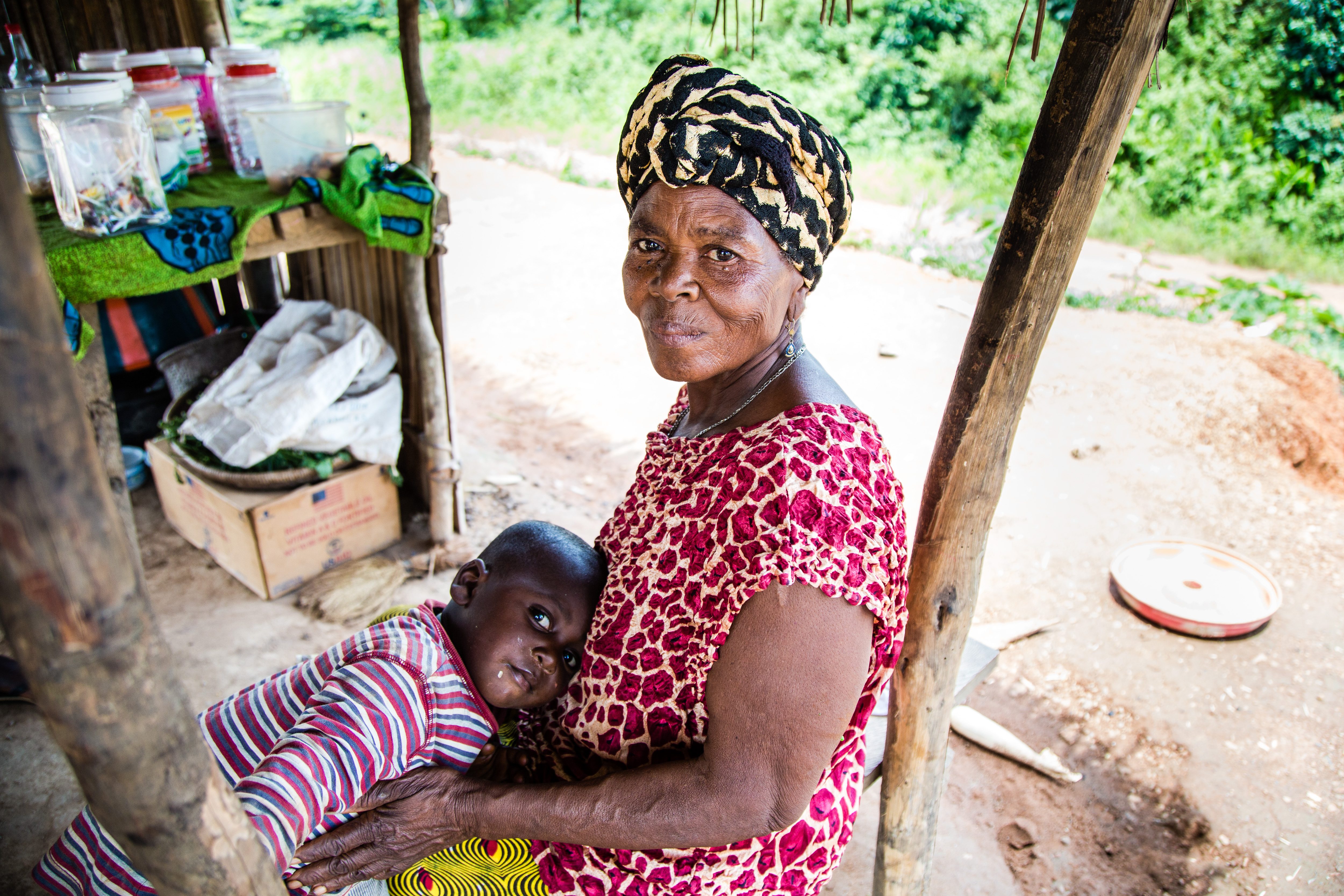

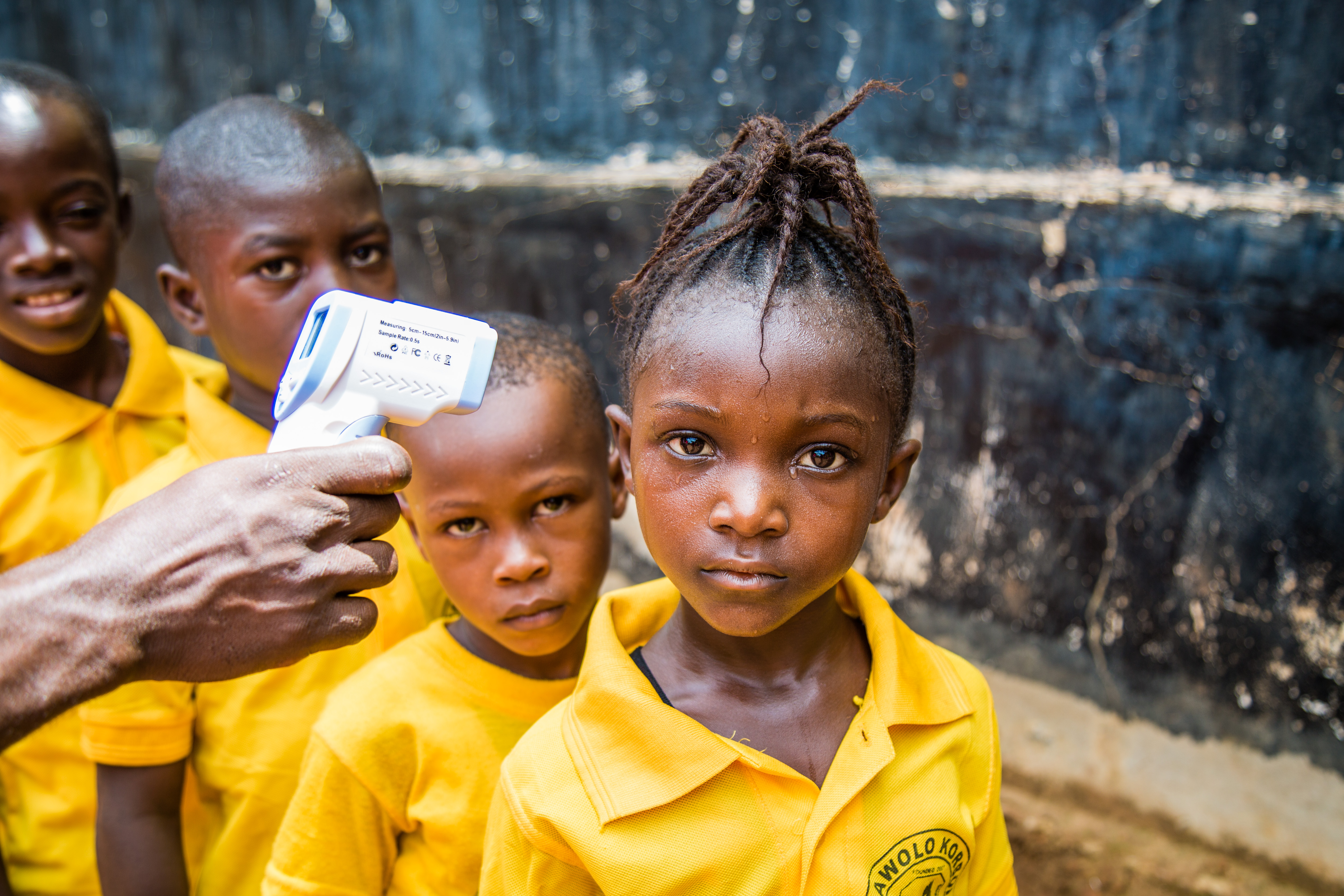
Sama suomeksi / Read my piece also in Finnish
The touch of an Ebola survivor
“The victory is ours!”, and “No more Ebola!”, people chanted on the streets of Freetown over the weekend, when the Ebola outbreak in Sierra Leone was finally declared to be over. The fight was truly long and arduous: it has been 18 months since the first brave women and men in Sierra Leone accepted the task of fighting this unseen but deadly virus.
And when the battle was finally over, the pleasures of victory tinged with pain. Many were crying – some shedding silent tears of joy and relief, others crying out loud with grief over lost loved ones.
One survivor described life with Ebola as being trapped in a bird cage. The whole world is just there, almost at your fingertips, but on the other side of the bars. Inside the cage you are all alone, unreachable and untouchable.
Untouchable. It’s a word I’ve heard many times when meeting survivors in Liberia and in Sierra Leone. For me, it’s also one of the hardest words to really understand. How does it feel to fear the touch of others? What was life like without the embraces of your loved ones, the silent respect delivered through a simple handshake, or the secret wordless messages moving from one person to the other when holding hands?
The fight against Ebola has also been one for human touch.
In Kenema, in eastern Sierra Leone, I met Aminata, a 28-year-old Ebola survivor who lost her baby girl, her mother, and her brother to the deadly virus. They were all laid to their permanent rest in the cemetery next to the Red Cross treatment centre, while Aminata herself was lying in bed, waiting for the death she then somehow managed to escape.
Aminata says she feels like she has a new life, and seeing her big baby belly, just a few days away from the due date, it is easy to take her words literally. Her face lights up when she hears that I’m from Finland, one of the countries which sent aid workers to the clinic in Kenema. Aminata remembers seeing all the foreign eyes behind the masks, but being unable to talk to the people or thank them.
She asks if she can name her baby after me as a sign of gratitude towards all the Ebola fighters from all over the world – an honour I personally do not deserve but humbly accept on behalf of so many others.
When I’m about to leave, Aminata gives me a hug. Her big belly resting next to mine, the baby kicking inside, I feel our shared humanity in a way I never have before. I have been hugged countless times in my life, but this touch of Aminata goes deep under my skin and stays there.
Stay in touch, says Aminata when I wave my goodbye.
For the International Red Cross & Red Crescent, Liberia and Sierra Leone, 2016.
Read also / lue myös:
Elämää Ebolan jälkeen (Iltalehti)
“I’m still young but all the sorrow made my soul grow too old”
Staying safe in Liberia with water and soap
Sierra Leone selätti Ebolan